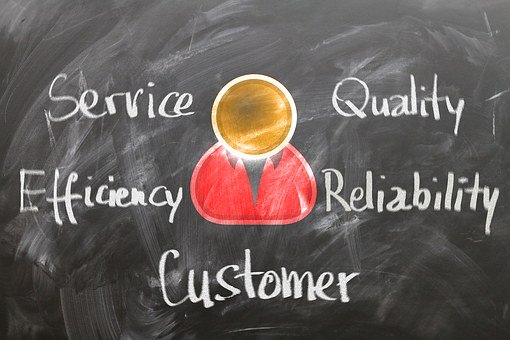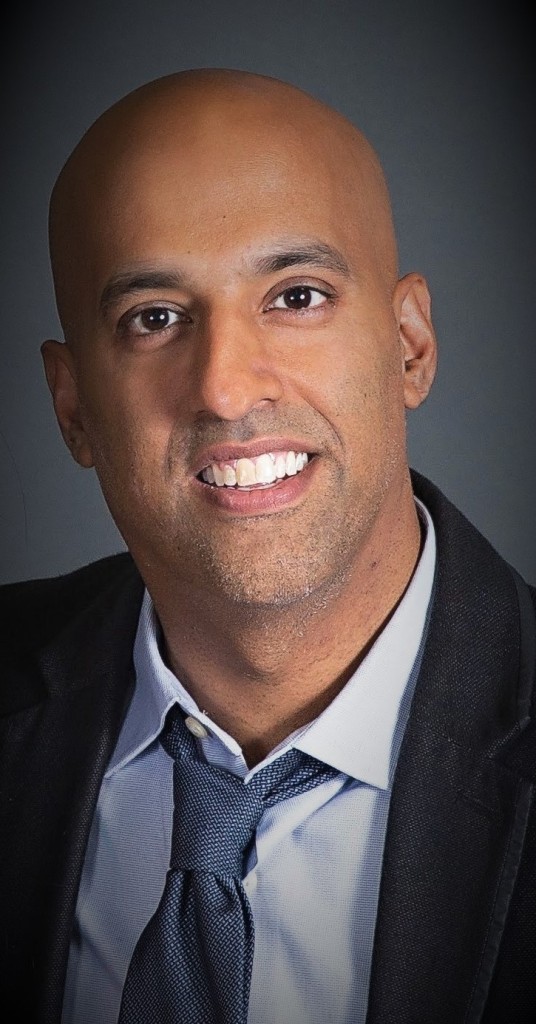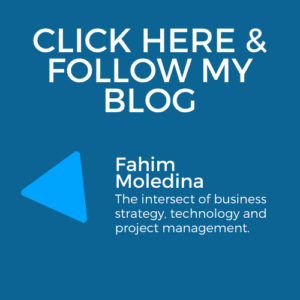Organizational Development: Culture Changes and The Voice of The Customer- Fahim Moledina

Organization Development (OD) is becoming more important as speed in operations and strategy is becoming a necessity with technology changing how people work. Workplace culture is increasingly becoming important in organizations as companies need to modernize or even just keep up with the current market. The functions of an OD Department are vast and often they have high influence on the methodologies and processes that are key to employee’s skills, efficiencies and leadership. There are many companies with no OD group but somebody or a team of people always need to fill the role. OD demand is increasing with the pace of technology, business and customer demands to push organizations to keep up with demand. The methodologies and the processes built by OD groups send a ripple effect across organizations good and bad. Often these groups are empowered to make changes across organizations and really drive a corporate culture, they have many requirements and some of them I will not touch on, but the ones that I will are training, change management, and the OD team’s role in fostering the corporate culture. Human resource development (HRD) and OD are different as human resource development is focused on individuals growth (even though OD teams often will help on this training) within an organization while OD is more focused on the methodologies, processes and structure to improve organizational effectiveness so initiatives are often on a larger scale.
Read More About Fahim Moledina
It is essential the OD teams understand change as well as often they are facilitating or leading change. Often OD specialists are training groups on new methods and help guide restructuring if it is to occur. What is often missed in this role is measuring the impacts of the initiatives — often people think of OD initiatives as projects and follow up on measurement and impact is not as common as one would think. Still with the demands for change in regards to working with greater speed and hyper-personalization the question is how can OD teams helps foster an environment where change is embraced and the culture of an organization shifts to be customer centric and really based on the voice of the customer.
Organizational Development groups being Human Resource Department centric is inherently flawed. If OD teams want to implement change, the structure of teams being cross-functional and understanding the customer, client or stakeholder intimately starts to become very important. I do understand that this can be an undertaking with tradeoffs but cost-benefit analysis (CBA) should be carried out on initiatives and of course following if people-driven a comparative Cost-productivity analysis (CPA) is also highly recommended. Some methods of evaluation for initiatives as well as making them more iterative can help their success. OD initiatives are becoming increasingly important as these teams can affect outcomes that are important for organizations long term sustainability. Many OD initiatives are about setting an organizational culture and continuous improvements are common and OD teams can have a large effect on operational efficiencies. These teams can really focus their energies on empowering employees by eliminating traditional hierarchy across their organizations and fostering a culture of service that will help customer experience.
Without engaged employees, it is difficult to achieve high functional teams which are an outcome many OD teams strive for. Trust within teams and between teams is important in developing high functioning teams and often change can affect trust, so how do you foster change when needed without breaking trust? Building capacity for change takes time and change readiness is important in making sure teams can keep or build trust when change is occurring. Change initiatives can often be taxing on a team’s trust. Trust is often needed for agility and speed on teams and to build a high performing service-based culture focused on clients and customers.
OD plays a large role in facilitating organizational culture therefore often customer centricity initiatives are indirectly driven from OD. Even if OD teams are somewhat removed from day to day operations they often still instill the culture within the organization and to understand the voice of the customer (client/ stakeholder) you need to be willing to listen first. I have heard multiple times in my career that the customer “doesn’t know what they are talking about”. That “we are the experts” and the deliverable ends up being not what the customer wanted. Understanding the voice of the customer and the requirements that they are proposing is important in providing value as well in learning from past projects. OD teams can help build customer experience with processes and methods to instill a culture of listening and learning from customers and training across the organization to listen to the voice of the customer and their requirements.
Customer Experience (CX) is one of the largest drivers of change within organizations currently and it is a major strategy for service-based companies (I will talk about the growth of CX in another post). The demands of customers are growing and customers are easy to switch when there is a bad experience as brand loyalty is often only as good as their last experience. OD can be instrumental in capturing the voice of the customer and instilling a culture where the voice of the customer is a strategic priority within the organization is going to become increasingly more important as customer-obsessed organizations who personalize experiences will thrive and OD teams need to be ready to lead this change.
If you want extensive content on Organizational Development practice I highly suggest reading the book below:
Or at minimum check out Dr. John Latham’s website:
https://organizationdesignstudio.com/
I am taking a break from blogging (just slowing down) as I focus on learning some programming languages and completing my MBA. Still, do not hesitate to reach out if you do want to connect.
More from Fahim Moledina – The CPA Fyre Festival: Flawed Examinations & Torturous Learning

Fahim Moledina is the Principal Consultant for Opti-Syn Strategic Consulting and is a business leader with expertise in project/change management, finance, lean/agile methods, as well as marketing and sales.
If you enjoyed this post please share below:



One Response
Hi, this is a comment.
To get started with moderating, editing, and deleting comments, please visit the Comments screen in the dashboard.
Commenter avatars come from Gravatar.
Comments are closed.